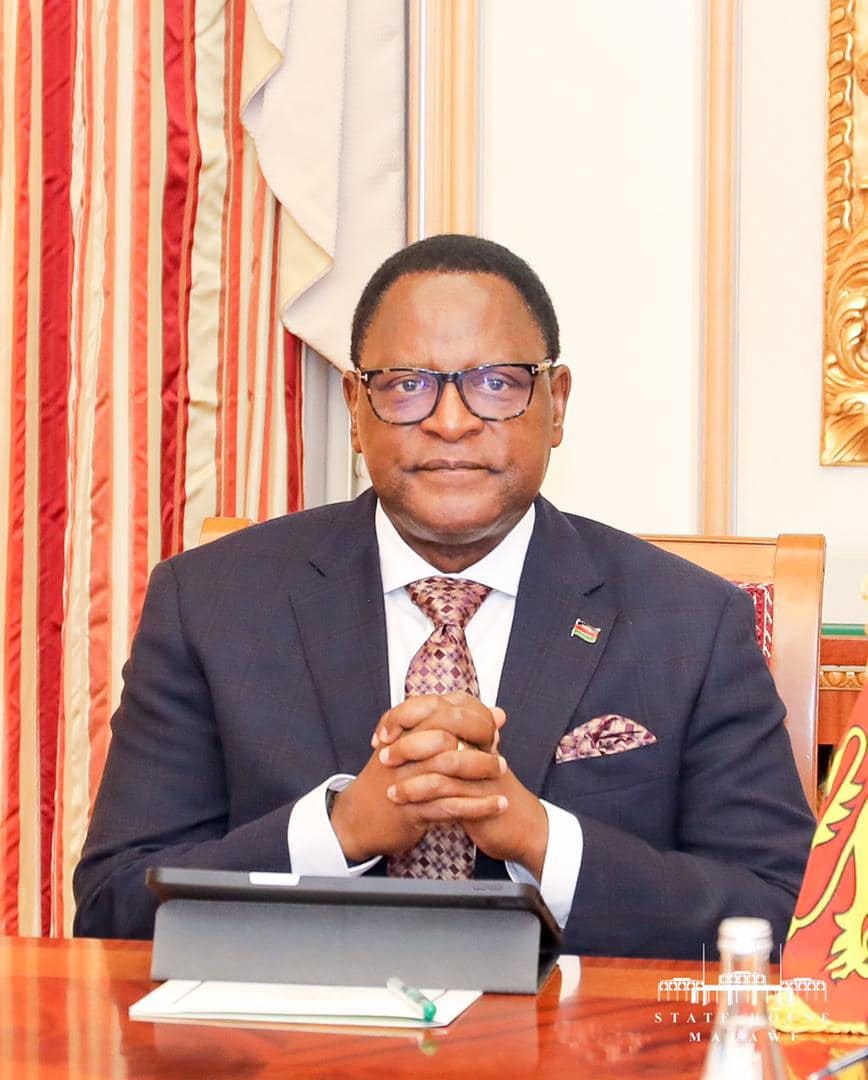Chakwera Orders Public Officials to Cancel Trips and Return Home, Halves Fuel Allowances
The success of these efforts will depend on the government's ability to implement reforms, secure external financing, and provide relief to the struggling Malawian population.
LILONGWE, MALAWI - In a bid to mitigate the impact of the recent 44% devaluation of the Malawian Kwacha, President Lazarus Chakwera has announced the cancellation of all his international trips until March 2024, writes Romeo Umali.
The decision marks a significant shift in Chakwera's approach, as he had previously defended his overseas travels, arguing they were essential for securing foreign currency inflows for Malawi.
However, with the economy in dire straits, the president appears to have opted for a more austerity-driven strategy.
"These are challenging times for Malawi, and we must all make sacrifices," Chakwera declared during a speech at the State House in Lilongwe.
"Cancelling my international trips is a difficult but necessary step to conserve resources and demonstrate our commitment to fiscal discipline."
The president's move extends beyond his own travel plans. All public officials, including ministers, have been directed to cancel their planned trips, and those currently abroad have been summoned to return home.
Additionally, Chakwera has ordered the termination of allowances for local travels, halved fuel allowances, and imposed stricter limits on the use of public funds.
Chakwera's decision to rein in government spending comes as Malawi's economy grapples with the fallout from the devaluation of the Kwacha.
The currency's depreciation has triggered sharp increases in the prices of essential goods and services, exacerbating the already dire economic situation faced by many Malawians.
The president's belt-tightening measures have drawn mixed reactions. Some have lauded the move as a necessary step to address the country's financial woes, while others have expressed concerns that the cuts could hinder essential government services.
Amidst the economic turmoil, the International Monetary Fund (IMF) has approved an Extended Credit Facility (ECF) program for Malawi, valued at $174 million.
This development follows a staff-level agreement between Malawi and the IMF team and comes shortly after the 44% devaluation of the Kwacha.
The ECF program is expected to attract additional foreign exchange inflows from development partners, providing much-needed support for the country's economy. However, the IMF's assistance is contingent on Malawi implementing reforms aimed at stabilizing the currency and boosting economic growth.
As Malawi's government navigates the economic crisis, pressure is mounting for prompt and effective action to alleviate the hardships faced by ordinary citizens. Critics have argued that the president's frequent international trips were insensitive to the plight of Malawians grappling with rising costs of living and diminishing purchasing power.
Chakwera's decision to cancel international trips and impose austerity measures suggests a recognition of the urgency of addressing Malawi's economic challenges.
The success of these efforts will depend on the government's ability to implement reforms, secure external financing, and provide relief to the struggling Malawian population.



